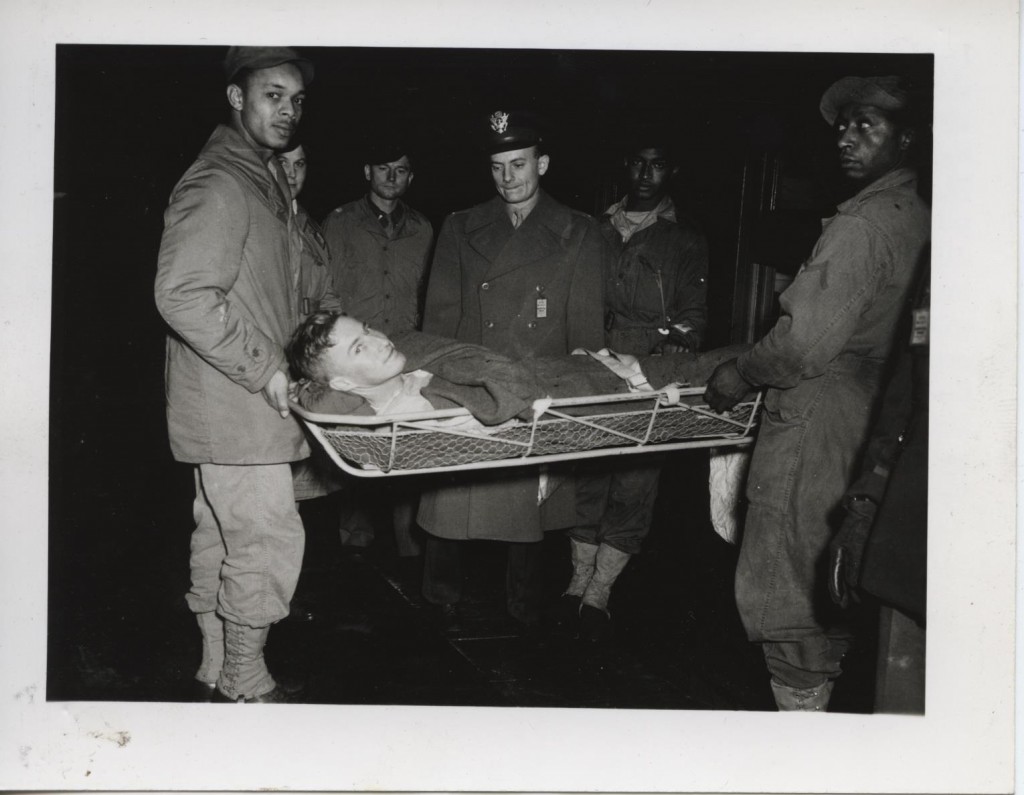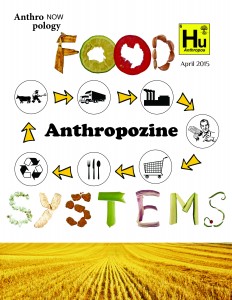Savage Minds welcomes guest blogger Takami Delisle. Tak currently works as a medical interpreter for Japanese patients and helps run an organization for anthropology students of color. You can find her on Twitter @tsd1888 and she also has her own blog. If you’re interested, please contact her.
~~~~~~~~~~~~~~~~~~~~~~~~~~~~~~~~~~~~~~~~~~~~~~~~~~
Toward Living with (not Under) Anthropology
by Takami Delisle
I have spent most of my American life doing anthropology. I think about and with anthropology when I observe the world around me, whether watching the news or listening to friends’ conversations. It’s not that someone is forcing me to do so with a knife right at my jugular, but it’s that anthropology has been one of the biggest passions I have ever had in my entire life. Coming home after my very first cultural anthropology class, I felt as if I had just been awakened by something magical. I still remember the sense of thrill when I declared my major as anthropology at my first U.S. university. I sat in the very front row in every single cultural anthropology class like a little kid watching a cartoon right in front of the TV.
What drew me into anthropology is that it opened a door to a wide-open space where I was encouraged to ask questions that I had never felt allowed to voice – like Japan’s appalling gender inequalities, Japanese corporations’ socioeconomic exploitations overseas, and the central government’s ill treatments of Okinawa. Anthropology gave me opportunities to critically and objectively reevaluate the country where I was born and raised, the place I often took for granted. It’s not that anthropology gave me answers to all of my questions, but it did bring me closer to the answers.
My first anthropology graduate program did not betray my expectations of anthropology. The seminar “Poverty, Power, and Privilege” was the most instrumental for strengthening my passion for anthropology. It provided me with theoretical and analytical tools to trace social injustices back through history – to see where they came from and how they changed over time. This seminar taught me to look at the bigger picture when it comes to inequality, and to pay close attention to issues of power. Everything about the seminar blew my mind.
I also learned what it means to be a good anthropologist from this graduate program, which had incredible, worldly-minded teachers who were also good mentors. For instance, after I submitted the final draft of my master’s thesis to my faculty committee members, one of them, who was also the department chair, e-mailed me his comment, which started with, “I want to thank you for teaching me about this important community” – his humbleness taught me to be humble, as I also thanked many of my own students for teaching me things I didn’t know. Another professor, who didn’t believe in the value of testing and grading his graduate students, asked us in his seminar to write what each of us found the most intriguing about the seminar, instead of giving us a final exam – his consistent practice of the principle against the standardized education taught me to be loyal to my principles. When a white student in one of my discussion sections complained about the class materials on racial issues and accused me of being a racist toward whites, the professor whom I was a TA for asked me to let him directly speak with the student to defend me, instead of telling me to ignore the incident – his courage to pursue justice taught me to stand up to injustice. When I brought the dilemmas and difficulties that I had encountered during my research fieldwork to my advisor, instead of telling me to figure them out on my own, she patiently listened, worked out strategies with me, and suggested to incorporate these encounters into my research data and thesis – her mentorship taught me to stay motivated, to keep pushing forward. I was entirely impressed, when another professor, who was often quite harsh on me, stood in front of the whole seminar at the first meeting of the semester and publicly admitted that she was wrong for her vehement disagreement with my argument in another seminar during the previous semester. Her honesty and integrity as an anthropologist taught me to be committed to anthropological inquiries. All these professors helped solidify my deeper understanding of what anthropology should be as a discipline.
Continue reading →

 .
.
